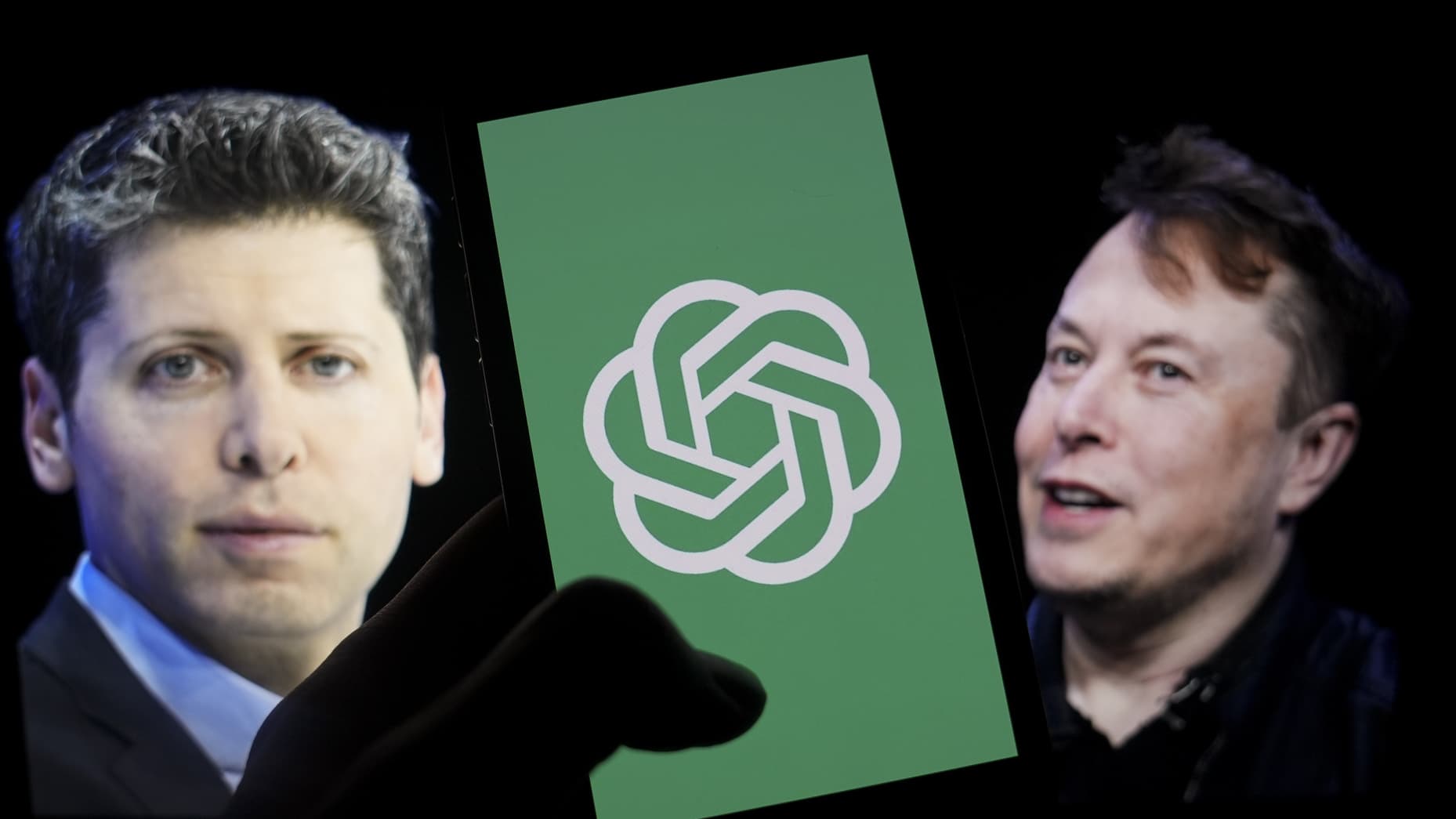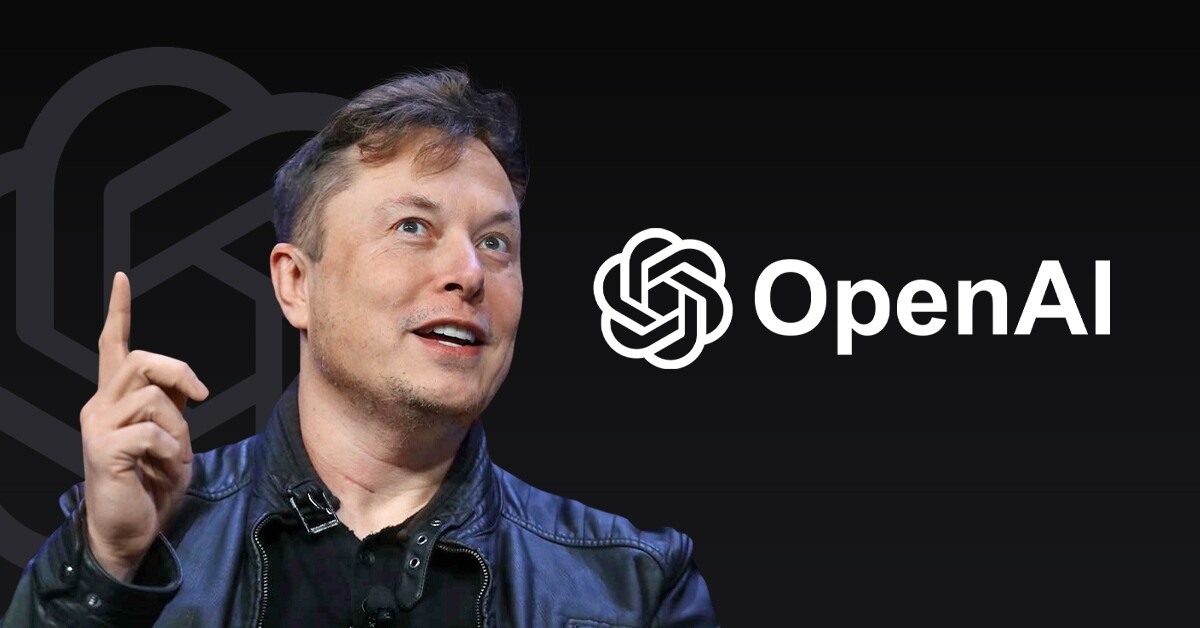OpenAI Responds to Elon Musk’s Bid to Block For-Profit Conversion
OpenAI has asked a federal judge in California to reject Elon Musk’s request to stop the company’s shift to a for-profit model. The ChatGPT maker’s legal team argues that Musk’s challenge is without merit and that his objections are based on unsupported claims.
Musk’s Lawsuit Against OpenAI
Elon Musk, a cofounder of OpenAI, filed a lawsuit in August claiming that OpenAI, its CEO Sam Altman, and other members violated contract provisions by prioritizing profits over the public good in their push to advance artificial intelligence. In November, Musk asked U.S. District Judge Yvonne Gonzalez Rogers in Oakland to issue a preliminary injunction preventing OpenAI from converting to a for-profit structure.
OpenAI, in its legal response, called on Musk to focus on competing in the marketplace rather than using the courtroom to block the company’s plans.
OpenAI’s Defense: Musk Initially Supported For-Profit Status
To support its case, OpenAI published a series of emails and text messages between Musk and the company. The documents show that Musk initially backed the idea of OpenAI becoming a for-profit organization before eventually distancing himself from the company. According to OpenAI, Musk’s departure was due to his failure to secure a majority equity stake and full control over the company.
Musk has since gone on to launch a competing AI company, xAI, further intensifying the legal battle.

Musk Expands Lawsuit to Include Microsoft
In addition to OpenAI and its executives, Musk has now included Microsoft and others as defendants in his lawsuit. He claims that OpenAI is attempting to corner the generative AI market and undermine competition. However, OpenAI’s court filing denies any conspiracy to stifle competition, describing Musk’s request for an injunction as based on “unsupported allegations.”
Microsoft, in a separate court filing, stated that it and OpenAI are independent companies that compete vigorously with each other, despite their partnership. The tech giant emphasized that its collaboration with OpenAI has fostered innovation.
OpenAI’s For-Profit Transition and Future Plans
OpenAI, originally founded as a nonprofit in 2014, has become a leader in the generative AI space, largely due to significant funding from Microsoft. In October, OpenAI closed a $6.6 billion funding round, bringing its valuation to $157 billion. Musk’s xAI, meanwhile, recently announced raising approximately $6 billion in equity financing.
OpenAI is now working to restructure itself into a for-profit benefit corporation, with its nonprofit arm retaining a minority stake in the new company. The company argues that this restructuring will allow it to continue its AI development and expand its impact.
Court Hearing Scheduled for January 14
A hearing on Musk’s request for a preliminary injunction is scheduled for January 14, where Judge Rogers will hear arguments from both sides. The outcome of this case could have significant implications for the future of OpenAI and its for-profit conversion plans.

